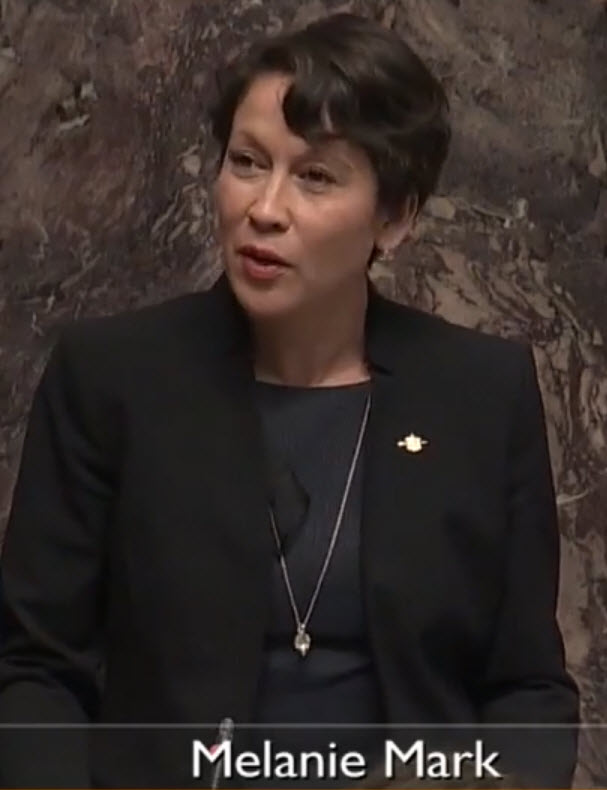
On April 7, 2016 Melanie Mark, MLA, spoke about Janusz Korczak and the children’s rights at the British Columbia Legislature.
Janusz Korczak And Children’s Rights M. Mark: Yesterday UBC concluded its Centennial Sessions “How to Love a Child, the Janusz Korczak Lecture Series coordinated by the Janusz Korczak Association of Canada and the faculty of education at UBC. The spirit of the series was motivated to deepen our awareness about children’s rights.
Dr. Korczak was known as the father of children’s rights. He was a heroic figure because of the way he lived, the way he died and because of his enduring legacy. Through the ’20s and ’30s Dr. Korczak focused on the health and welfare of orphans in Poland, leading to the development of the Children’s Republic.
Initially, the Children’s Republic cared for the vulnerable Polish children from all backgrounds, Jewish, Catholic and others. However, after Nazi Germany occupied Warsaw, they removed the non-Jewish children from Dr. Korczak’s care and segregated the orphans into the Jewish ghetto. The good doctor was offered many opportunities to escape but selflessly refused, saying one never leaves a sick child.
Having been witness to the steady transfer of the Jewish population to the Treblenka death camp, Dr. Korczak was finally forced to join its ranks. On August 6, 1942, refusing to abandon the children under his care, he stoically and heroically led a procession of 200 children from his orphanage into the train headed to Treblinka – the infamous March of the Children. No one survived.
Dr. Korczak’s profound respect for the rights of children and youth came to inspire the formulation of the United Nations convention on the rights of the child, formally ratified by Canada in 1991. Dr. Korczak was the first person in the history of our culture who fully recognized the human being in a child. He believed the child has a right to love, to an education, to protest injustice and, most importantly, to be heard and to be taken seriously. He believed convention on the rights of the child, formally ratified by Canada in 1991.
Dr. Korczak was the first person in the history of our culture who fully recognized the human being in a child. He believed the child has a right to love, to an education, to protest injustice and, most importantly, to be heard and to be taken seriously. He believed that the health of our society can be gauged by the well-being of its children.
Korczak wasn’t a champion for status quo; he was a champion for change. I trust that we are all ambassadors of children’s rights and will keep his legacy alive.
